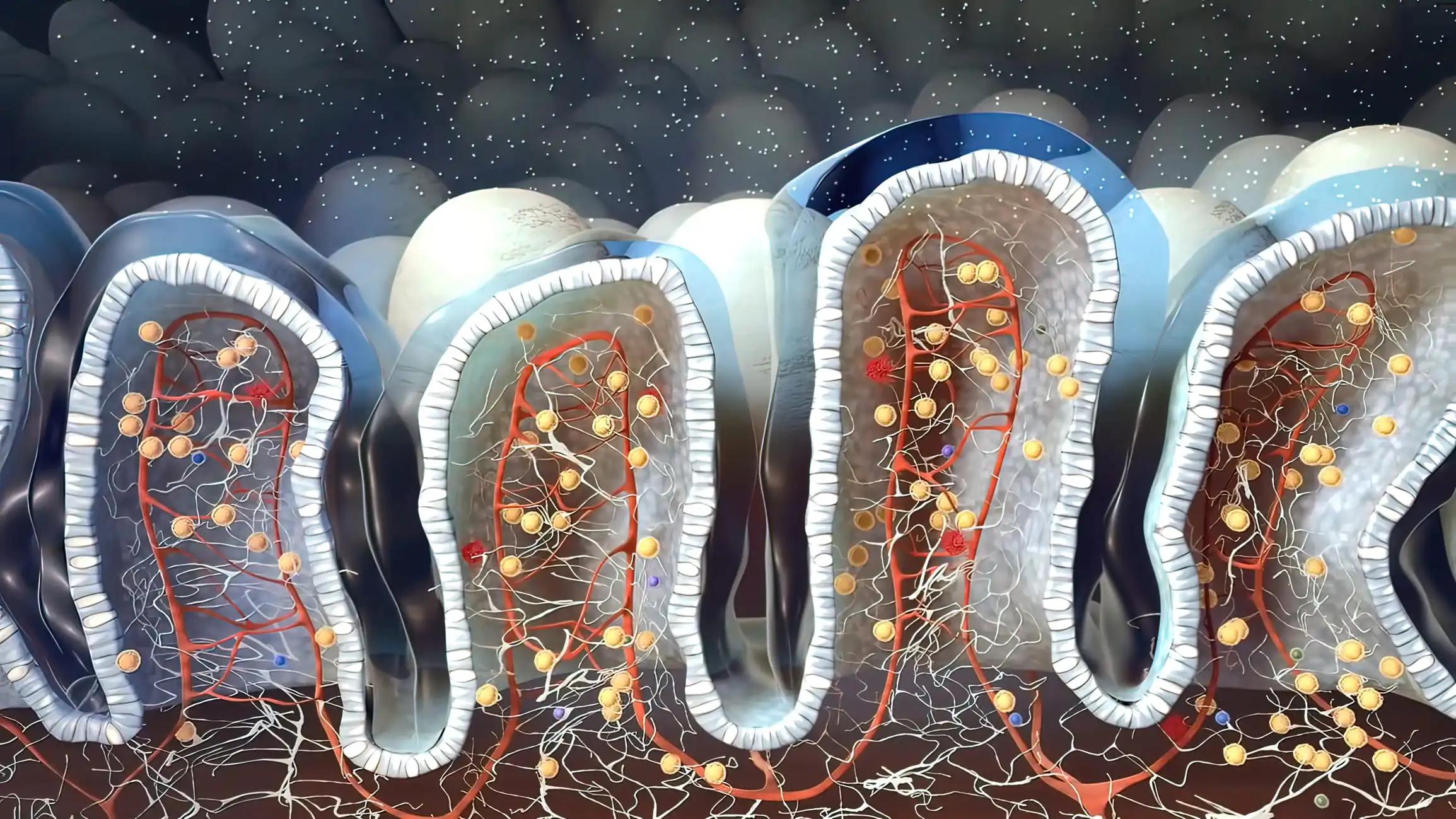KEY TAKEAWAYS
- The study aimed to examine DLBCL patients’ traits and assess if HBsAg [+] impacts their survival.
- HBsAg [+] emerges as an independent hazard, demanding focused clinical attention for a worse DLBCL prognosis.
Guodong Yu and the team aimed to explore the fundamental traits of individuals diagnosed with diffuse large B-cell lymphoma (DLBCL). It seeks to determine whether hepatitis B surface antigen (HBsAg [+]) influences patient survival.
The study involved 602 cases of DLBCL diagnosed between January 2011 and December 2021. Researchers analyzed the general clinical data of patients and utilized multivariate and univariate Cox analyses to evaluate the factors affecting their survival durations.
The results revealed that among the 602 cases, 154 (25.6%) belonged to the HBsAg(+) group, while 448 (74.4%) were in the HBsAg(-) group. HBsAg(+) cases were more frequently associated with later-stage (III-IV) disease, higher International Prognostic Index (IPI) scores (3-5), and a greater propensity for B symptoms, impaired liver function, and recurrence compared to HBsAg(-) cases (all P<0.05).
During follow-up, 194 (32.2%) patients succumbed to the disease. The median overall survival (OS) was 16.5 months (with a 5-year OS rate of 42%) in the HBsAg(+) group and 35 months (with a 63% 5-year OS rate) in the HBsAg(-) group. Cox analyses indicated that HBsAg(+) status adversely impacted the prognosis of DLBCL cases (HR=1.46, 95%CI=1.07-1.99, P=0.017).
The study concluded that individuals with HBsAg(+) status represent an independent hazard factor associated with poorer prognosis among patients with DLBCL. Consequently, prioritizing these patients in clinical settings is essential.
No funding-related information was available.
Source: https://pubmed.ncbi.nlm.nih.gov/38734435/
Yu G, Han J, Xu J. (2024). “The association of the hepatitis B virus infection and diffuse large B-cell lymphoma.” Saudi Med J. 2024 May;45(5):490-494. doi: 10.15537/smj.2024.45.5.20231024. PMID: 38734435.



